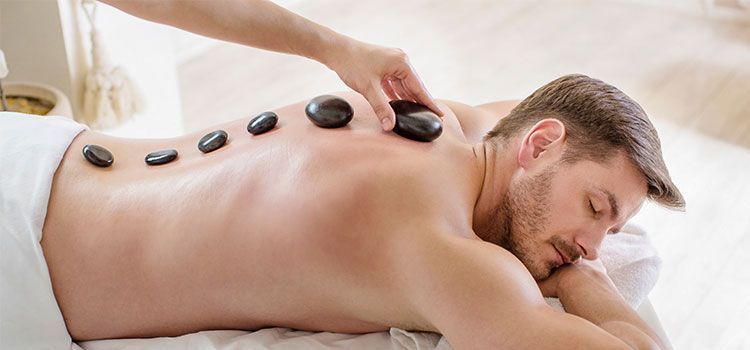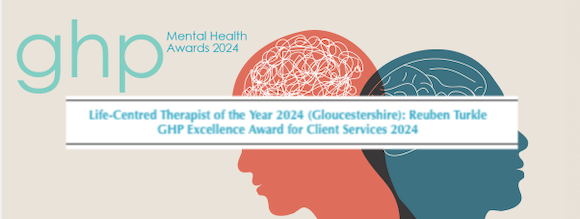What about the role of Father?

‘Whether the subject receives support from the mother, or has differences with the mother, or is neglected by the mother, biographers tend to enlarge mother with mythical greatness, confusing the power of her archetypal image with the power of the individual”[1] - James Hillman, The Souls Code
It is a firmly established belief that contact and bonding with mother in the first year of life and immediately after birth establishes a more secure foundation for adult life. Within the first few days if a mother has been able to breast feed the colostrum in their milk nourishes and protects the newborn baby. But the skin to skin, physical warmth, comfort, and presence must also begin to form a secure attachment type. Of course, as life continues, circumstances can disrupt this. A mother may choose to return to work after around 9 months and whilst the baby has developed significantly in this time, part of that development would be the realisation of absence. In our modern world, it is increasingly common for the dad to step up as primary care giver whilst Mum works, or for the baby to be left in the hands of a relative stranger in childcare. I cared for our first born at this stage as did my father for me, some 41 years ago. The mother may feel torn. A degree of guilt and even shame at making this decision, but she also has just as much right as a man to continue her career pathway. Assuming the father is adept in expressing physical and emotional comfort, the transference of baby from one gender to another would seem to have little or no impact. When, in therapy circles we refer to adult attachment types, does a baby cared for by both parents develop ambivalent attachment styles? I would suggest not. Rather that the combined love has instilled a secure one – a well-rounded and adapted adult.
Too much onus seems to be attributed to the responsibility of mother to have an innate ability to care, provide love, protect, and nurture. Very little space is given to the millions of fathers who also provide these essential needs. I believe this creates an unhealthy dichotomy - portraying the mother as pious and the father as inept. In The Souls Code, Hillman justifies the absent father as ‘necessary’, because he is the connection with the outside world. This is a sexist outlook, it assumes women are housebound and excuses men to have the freedom to do as they please, even beyond the workplace. Yet, I have had several female clients with absent fathers, who seem to have a similar reasoning – “Oh, I’ve accepted that dad was always working to provide, its rubbish but I understand why he had to.” Really? In 2021, are we not trying to address the imbalance and inequality seen towards women and their opportunities and salaries? Do we not also have more families where both Mum and Dad work long and hard hours?
Hillman went on to speak of how fathers are depicted as a bit stupid and incapable, the archetypal Homer Simpson springs to mind. While this may be true, it only serves to feed the idea that women are somehow better at raising children. Yes, mothers the world round do give love, dedication, nurturing, care, and moral fibre with complete unassuming grace. But not all of them. Fathers are given more opportunity to fulfil the roles previously assigned to women in the home and many are just as capable. Sometimes the expectation to prove themselves can make a man’s work in the home or with his children shine even brighter, due to the conscious effort applied.
There are countless men who choose to and always wanted to be highly active fathers and know that this means committing on every level. Men who know how to provide the most sincere and nourishing type of love for their children. We may all get it wrong sometimes, but if the fundamental principles and needs of a child are met, I believe this can come from either gender. While some recognition and praise is given to such fathers, there is still a leaning towards the idea that a mother will somehow love better, more completely or naturally. This seems unfair when there are many examples of absent or dysfunctional mothers as well as fathers. People who have had no template of how to love, struggle to give and receive it. But they can learn how to. I have helped a father with this predicament recently. Simply by opening up and finding better, more congruent ways to express his feelings as well as trying to understand his sons needs better, he left therapy a changed man – a changed father.
Then there is the scenario of same sex parents. Having been partially raised in a same sex relationship and having a sibling who was entirely raised by two women, I think I can testify to this. My sister raised by my Mum and her now ex female partner is in a very solid, mature relationship. One where they have openly discussed their attachment styles and needs. Even choosing to separate for a while whilst each one worked on theirs before reuniting.
It is refreshing to see that Celebrity gay couples such as Elton John and David Furnish and their two boys have been widely reported with a sense of normality. Even the tabloids seem to have steered away from homophobic criticism or judgement of their ability as fathers, tending to focus more on the age difference between the two men.
The fact remains that so long as the child’s fundamental and wider nurturing needs are met, it really should not make any difference what gender has provided them with this. A child with love, encouragement, praise and recognition will flourish in life, one without will wither. A child with one parent giving more of the nurturing and the other lacking these skills or being absent, will be affected and no doubt confused. But again, I don’t think we can attribute more weight to how affected the child or adult is based on gender alone.
[1] HILLMAN, J., 2017. SOUL'S CODE. [S.l.]: BALLANTINE.












